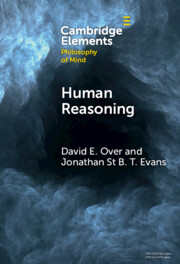1 results

Human Reasoning
-
- Published online:
- 20 May 2024
- Print publication:
- 20 June 2024
-
- Element
- Export citation

